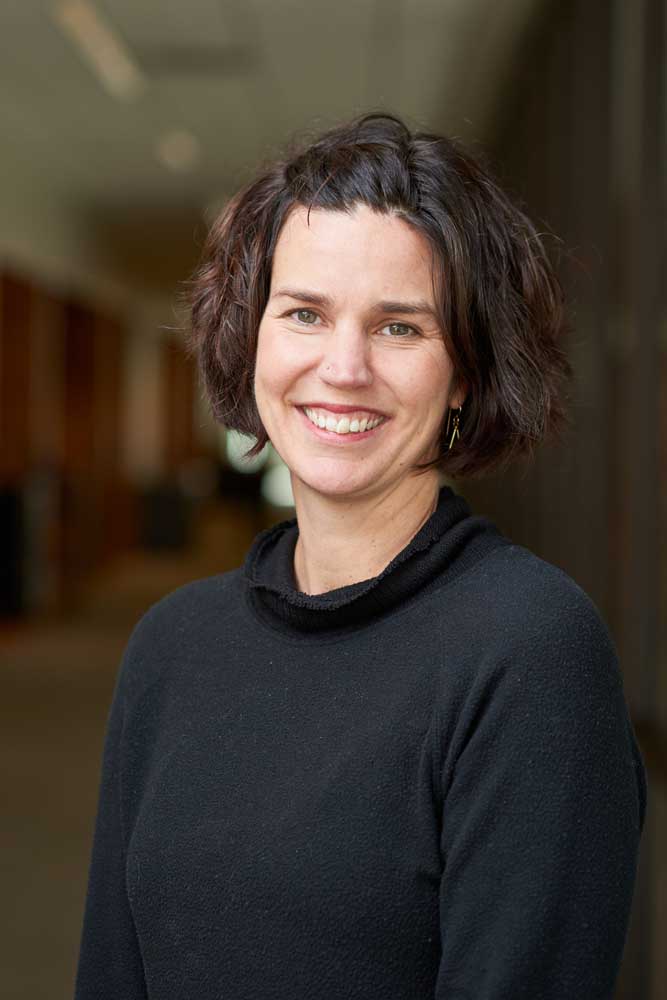Expert column: grieving the college experience
Published 1:45 am Friday, December 18, 2020

- Natalie Bowker
For college-aged young adults, living away from their parents is considered a developmentally age-appropriate task. Young adults naturally crave independence from their family of origin; it’s in their job description.
Many young adults dream of going away to college and crave the opportunity to tackle adult skills, like managing their own schedules, learning to cook more than pasta (and eat meals other than pasta), maintaining a healthy routine, forging new (and perhaps romantic) relationships, enjoying student activities and the independence of life on a college campus. This is all perfectly normal – or at least it was, until the COVID-19 pandemic hit.
Now, health measures that have been implemented at universities across the U.S. have altered the college scene. Many students’ hopes for their year away at college have been uprooted by necessary physical distancing and other public health measures put in place throughout campuses, and across extra-curricular and social events. In-person courses are limited to reduce density in classrooms and labs. Activities young adults took for granted as normal on a college campus have been restricted, or even cancelled. And residence hall roommates – once sources of companionship and fun – are few and far between at most colleges, including Oregon State University – Cascades, where occupancy is restricted to single rooms only.
As a result, some college students are experiencing more social isolation than ever. Managing this critical time is crucial. Unchecked, these feelings can lead students to withdraw and suffer academically, drop out of college, or worst of all, mentally decline.
As a mental health professional at OSU-Cascades, I hear how difficult it has been for many students to make new friends, let alone date during COVID. I hear their frustration, worry, disappointment, anger and most of all, their grief. Students are experiencing all of the symptoms of grief over how this is not what they wanted for their college experience.
Their burning and natural desire to “adult” has taken a backseat. As faculty, family members and friends, we need to allow young adults to grieve these temporary setbacks and adjustments that have happened to them. Here are some tools to help your college student manage these losses and stressors during an uncertain time:
Validate their feelings. While we cannot fix the pandemic or their college experiences, we can help these young people by recognizing that they have had experiences taken away from them and confirming that the grief they feel is normal and justified.
Check your own mindset. We may be saying to ourselves, “Well, at least they still get to go to college…” or “At least they still are working towards their degree and living independently…”. These may be legitimate ideas, but “at least” comments can be more hurtful than helpful. Pausing to acknowledge a student’s feelings will help prevent them from assuming their feelings of isolation or uncertainty are their own fault.
Listen with empathy. What I encourage parents and faculty to consider instead of using comparison language is listening to what they are missing and longing for. Through that lens you may be surprised at what you are hearing show up.
Use a creative mindset. It’s easy to get stuck in the mindset of what has been lost or taken away during COVID-19. Practice thinking creatively about ways they can still connect with their peers and be safe.
Send out love notes. Students need to know that they may be feeling lonely, but they aren’t alone. Send them a message of support.
Be vulnerable to build connections. Research says resilience appears when we get real with others. Share the things that have been hard for you to adjust to as well. You will pave the way for them to be honest with their struggles.
Be resourceful. Many colleges and universities offer free mental health counseling for students. Encourage your student to seek out campus or community resources to help them be successful.
Our collective support of young people as they navigate their path to independence and through the challenges of the pandemic will make an important difference in their ability to enter into adulthood successfully.





